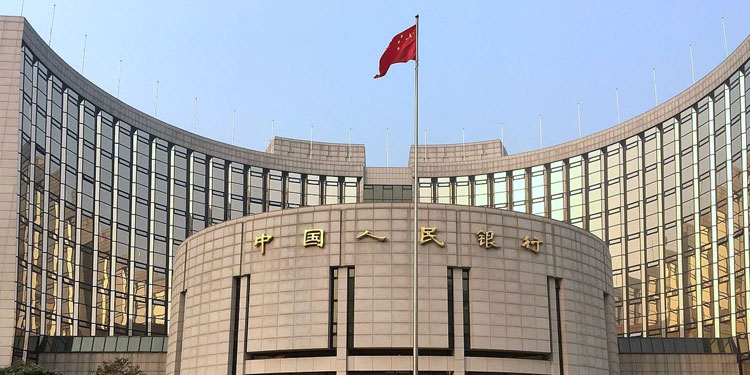
The document indicates that PBoC is looking for two engineers with experience in blockchain, security, cryptography and chip design to work for the financial institution’s Digital Money Institute.
The central bank expects the engineers to build a secure big data platform and a chip processor that would facilitate crypto transactions.
The engineers will have to build digital currency associated software systems, safety measure models, encryption technology, as well as transaction terminal chip technology research and development.
PBoC is also on the lookout for economic law and finance experts who will be tasked with legal research, risk management, analysis of economic mechanisms, and policy research on “legal digital currency.”
The decision comes soon after an op-ed distributed by CN Finance, a domestic finance magazine associated with the PBoC, where the bank’s specialists point out that the recently unveiled USD-backed stablecoins could unconstructively impact other fiats, such as the yuan. The specialists further stated that China should assess launching its own yuan-backed stablecoin while maintaining the present ban on cryptocurrencies.
Back in 2017, the Chinese government started opposing cryptocurrencies. The government authorities forcefully closed all cryptocurrency exchanges that were operating in the country. The authorities also implemented a blanket ban on all cryptocurrency dealings and Initial Coin Offerings (ICO). Furthermore, PBoC repeatedly warned risks of crypto trading.
Following the ban, China started focusing on blockchain solutions. Earlier this autumn, PBoC communicated the launch of blockchain finance and trading platform in Shenzhen. The network will also stretch to Guangdong, the Macau Bay Area and Hong Kong and allows cross-border trading. An official blockchain pilot zone was later on established in the Hainan state inside a devoted tech park.